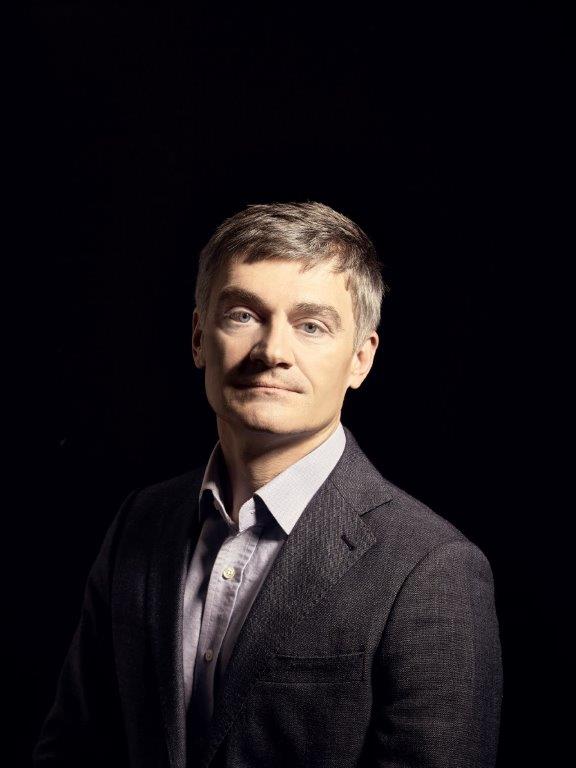The interest in the ethics of AI systems has grown significantly over the last few years. An overview of some of the key ethical issues for AI, including technical solutionism and totalitarian tendencies of AI-based norm enforcement, is presented in "Ethics of AI: Good AI Versus the Totalitarian Enforcement of Norms", a talk by Erich Prem of the University of Vienna. The talk is part of OFAI's 2023 Fall Lecture Series.
Members of the public are cordially invited to attend the talk in person (OFAI, Freyung 6/6/7, 1010 Vienna) or via Zoom on Wednesday, 8 November 2023 at 18:30 CET (UTC+1):
URL: https://us06web.zoom.us/j/84282442460?pwd=NHVhQnJXOVdZTWtNcWNRQllaQWFnQT09
Meeting ID: 842 8244 2460
Passcode: 678868
You can add this event to your calendar.
Talk abstract: The interest in the ethics of AI systems has grown significantly over the last few years as evidenced by a growing literature on the topic and a mounting body of strategies, proposed regulations, standards, and technical approaches. In this talk, we provide an overview of some of the key ethical issues discussed for AI systems such as trolley problems or systems that talk back (ChatGPT). We review the related challenges as well as some of the proposed technical solutions such as model cards or rules for online discourse. The talk will focus on open issues and critically discuss technical solutionism and totalitarian tendencies of AI-based norm enforcement.
Speaker biography: Erich Prem is a researcher in the Philosophy of Technology (Ethics and Epistemology) at the University of Vienna and teaches Digital Humanism at the Technical University of Vienna. He is Director of eutema, a strategic technology consultancy in Vienna, Austria. Earlier, Erich was a researcher at the Austrian Research Institute for AI (OFAI) and the MIT AI Lab. He holds a PhD in Philosophy (Epistemology) and a PhD in Computer Science (Artificial Intelligence). His research work is often interdisciplinary with a focus on digital humanism, AI ethics, RTDI strategy, and digital innovation.
